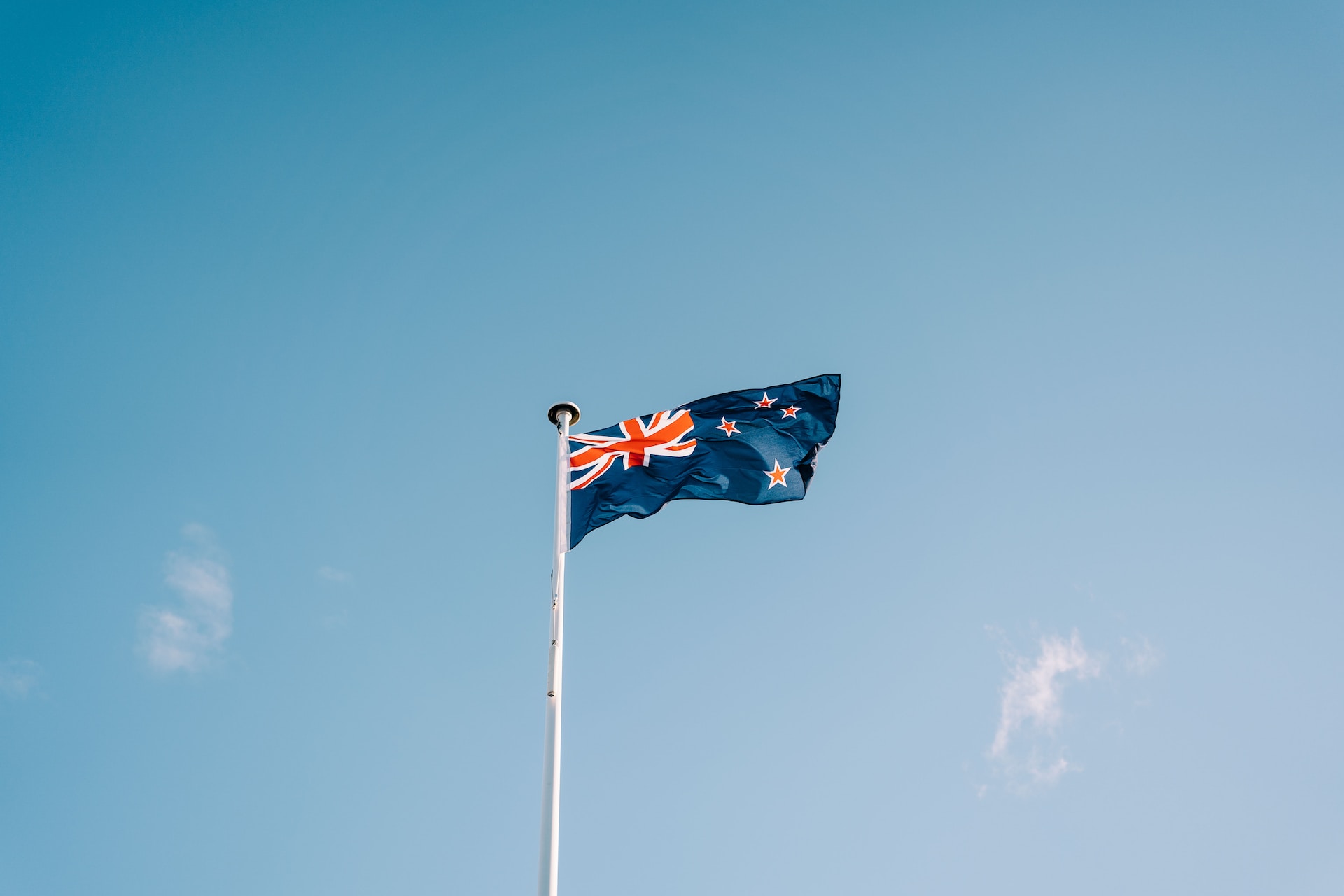News
Foreign policy has been missing from NZ’s election campaign – voters deserve answers to these big questions

But how does New Zealand respond to the “comprehensive partnership” just announced between China and Timor-Leste covering military exchanges, training and exercises? (File Photo: Claudette Wicks/Unsplash)
Tax cuts, crime, the cost of living, potholes and co-governance … these and various other issues are now familiar to most voters. But there has been one major election area missing the serious debate it needs: foreign policy.
Whichever parties form the next government, and whoever becomes prime minister, they will also be charged with negotiating New Zealand’s place in a dynamic and changing world.
Military and security alliances, trade, climate change and foreign aid are all presenting significant challenges. So here are some of the questions any incoming administration should be able to answer to the satisfaction of voters.
Defence and security
Having recently deepened military relationships with Australia and Japan, New Zealand needs to be clear about whether it will join “pillar two” of the AUKUS security pact between the US, UK and Australia.
Directly related to the AUKUS question are the hard military implications: who or what would New Zealand fight for? Were the US and China to square off over Taiwan, with Australia (New Zealand’s only formal ally) drawn into such a conflict, would New Zealand send military help?
Less speculatively, will New Zealand continue to send naval assets to support exercises aimed at defending freedom of the seas, given the very recent history of Chinese military confrontation in the disputed South China Sea?
The Pacific is also in a state of geopolitical flux. New Zealand has upgraded its military relationship with Fiji, and the US has secured “unimpeded access” to strategic ports and airports in Papua New Guinea. But how does New Zealand respond to the “comprehensive partnership” just announced between China and Timor-Leste covering military exchanges, training and exercises?
Ukraine and defence budgets
The war in the Ukraine will also demand attention. While New Zealand is not directly involved, it provides military training, financial, legal and humanitarian assistance. Does this continue or ramp up, or does the level of aid depend on what New Zealand’s allies do?
Further to that, what is New Zealand’s official position on what peace would look like for Ukraine? Would New Zealand support a peace deal that involved territory trade-offs or did not include the prosecution of war crimes?
Related to that is the uncertainty over US commitment to supporting Ukraine, given some Republican resistance. New Zealand’s next government will face potentially very unpredictable outcomes from the US presidential election in November 2024. What happens if Donald Trump returns to power?
Many of New Zealand’s key allies (including NATO countries) are spending or aiming to spend 2% of GDP (or more) on their militaries. New Zealand currently only spends about 1.5% of GDP. Ideally, voters would know whether that will increase, by how much, and by when.
More specifically, would any extra spending see the New Zealand Defence Force adopt militarised artificial intelligence technologies?
Trade and sanctions
An open, predictable and rules-based global economy can no longer be taken for granted. Regional trade integration has been disrupted, with a shift towards unilateral trade policies and agreements.
What is New Zealand’s response, and will local exporters be encouraged and helped to diversify their markets?
Beyond the simple mantras of negotiating new trade agreements with India or the US, how will that diversification and continued growth be achieved?
Will New Zealand support China’s application to join the Comprehensive and Progressive Agreement for the Trans-Pacific Partnership – or would it back Taiwan’s?
Will New Zealand continue to support the use of sanctions outside the United Nations’ system (such as those imposed on Russia), and will it consider extending sanctions to countries for grievous human rights abuses (such as those imposed on Iran)?
Climate and foreign aid
Climate change presents extreme challenges domestically and internationally. New Zealand’s overall performance is rated “highly insufficient” by the independent Climate Action Tracker. So what will the next government do at a global level?
Where does New Zealand stand on mechanisms such as the Green Climate Fund, the world’s largest multilateral fund dedicated to helping developing countries address the climate crisis, and will it increase pledged funding for it?
And will New Zealand continue to believe in and support the Global Methane Pledge, a joint US-European Union initiative to reduce global methane emissions by at least 30% from 2020 levels by 2030?
The UN sets a target for all developed nations to give 0.7% of their gross national income as aid to developing countries, but New Zealand only manages to give 0.23% – well below the OECD average. Will the next government seek to increase or even decrease this? And would it support the creation of a regional development bank or cooperative aid projects with China?
Finally, New Zealand will need to confirm if it will keep taking 1,500 refugees annually.
These are not easy questions. But the New Zealand public should know the answers before they vote – and before the next government positions the country in an increasingly turbulent global order.![]()
Alexander Gillespie, Professor of Law, University of Waikato
This article is republished from The Conversation under a Creative Commons license. Read the original article.





















